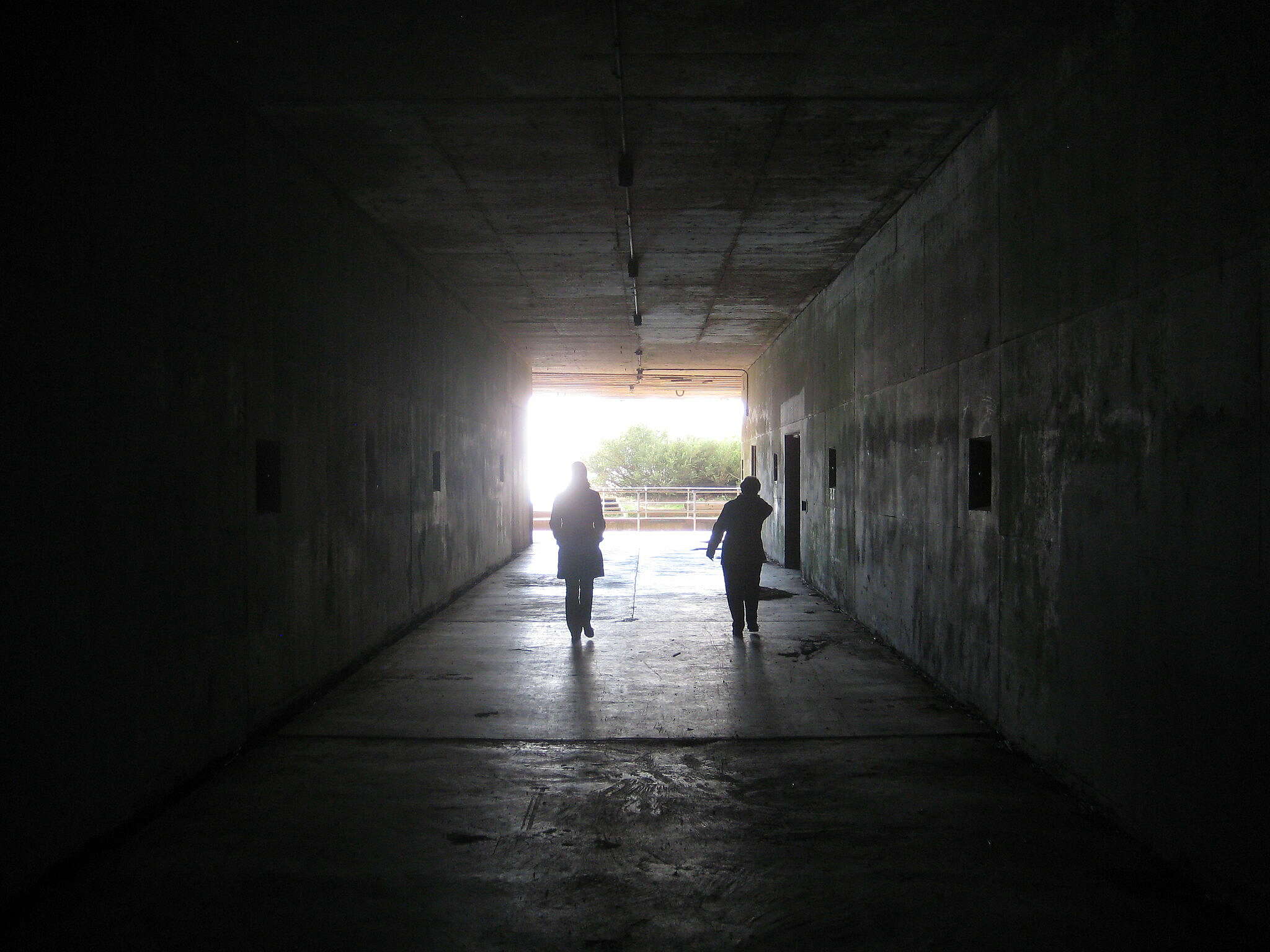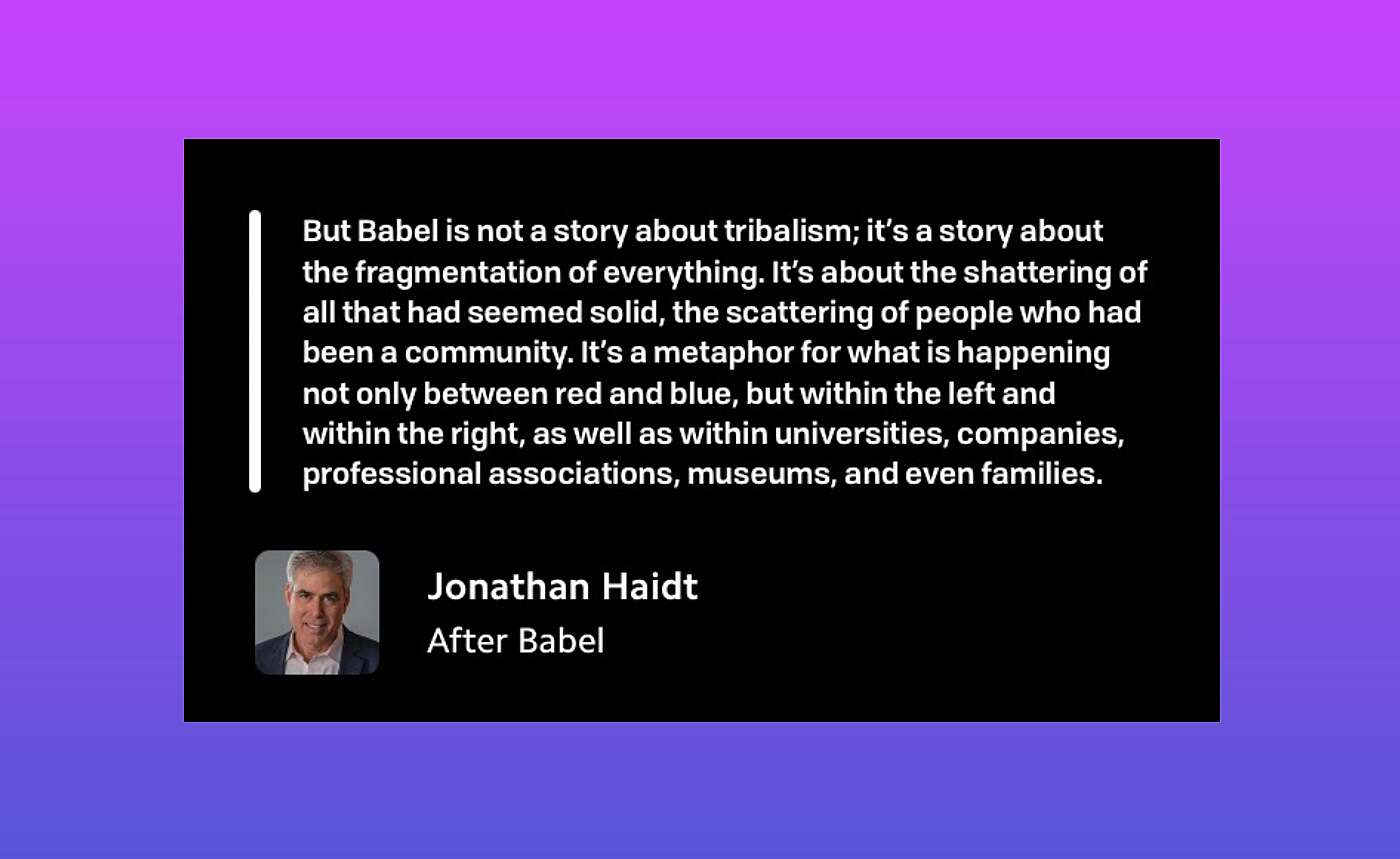
📷 Image source: Brandon Burke on Flickr
In 2019, I participated in what is called a Leadership 360 assessment. This particular survey is based on principles from Zenger Folkman. The purpose of this survey is to help you identify your strengths and become even stronger in those areas. The assessment seeks to answer the question of what differentiates you as a leader. The premise is that you can’t make a leader great by taking an area where they are weak and making them a bit stronger in that area so that they become potentially average. However, if you can take something they are already good out and make them great at it, you can augment the skills of someone who can actually influence others.
When I took the survey, my strongest areas were honesty and integrity. We decided to hone in on those areas for my leadership development activities. Given the identification of strength in those areas and a commitment toward further development of honesty and integrity, I am sensitive to distrust. There are all sorts of ways people can express distrust these days. I wrote a post describing a few of the ways I have felt distrusted in the past. Distrust can involve individual or group dynamics. It can be the result of previous negative experiences that have conditioned someone to be doubtful of either other’s intentions or their presentation of truth, as I outlined in the piece. However, there can also be ex ante distrust built up by the media we consume that tells us to look askance at anyone with views outside our adopted tribe. These can come from being in an epistemic bubble or an echo chamber.
The echo chamber
An ‘epistemic bubble’ is an informational network from which relevant voices have been excluded by omission. That omission might be purposeful: we might be selectively avoiding contact with contrary views because, say, they make us uncomfortable.
There is a crucial distinction between the two.
An ‘echo chamber’ is a social structure from which other relevant voices have been actively discredited. Where an epistemic bubble merely omits contrary views, an echo chamber brings its members to actively distrust outsiders.
When even friends or family members impugn your honesty, despite all evidence that you are a credible source of information, you can infer that perhaps they are living in an echo chamber.
Here’s a basic check: does a community’s belief system actively undermine the trustworthiness of any outsiders who don’t subscribe to its central dogmas? Then it’s probably an echo chamber.
I hesitate to use the phrase “drinking the Kool-Aid” because of its dark origins, but it’s a colloquialism that everyone in English-speaking Western culture understands. People inside these echo chambers form their opinions before all the available evidence is present, based on what their media has fed them, and then, post hoc, come up with arguments on which to base their positions. Intuition drives the emotion, and the rational mind follows. They are fed by outlets like Twitter, which serve to amplify confirmation bias and algorithmically create and sustain echo chambers.
Jonathan Haidt (whose book I just finished), starts his latest piece for the Atlantic by invoking the biblical story of the Tower of Babel. The story comes from the first book of the Bible, Genesis.
But the Lord came down to see the city and the tower the people were building. The Lord said, “If as one people speaking the same language they have begun to do this, then nothing they plan to do will be impossible for them. Come, let us go down and confuse their language so they will not understand each other.
The scattering of the people who built the tower and the confusion of their language so that they could no longer communicate has striking parallels to modern America. Haidt makes the connection for us.
But Babel is not a story about tribalism; it’s a story about the fragmentation of everything. It’s about the shattering of all that had seemed solid, the scattering of people who had been a community. It’s a metaphor for what is happening not only between red and blue, but within the left and within the right, as well as within universities, companies, professional associations, museums, and even families.
He goes on to detail the ways in which our society has broken down and fractured, hastened by the rise of social media. The piece dives into viral dynamics. It explains how tweaks such as the Facebook like and, more powerfully, the Twitter retweet, served to germinate online mobs and the behavior that accompanies mob mentality. Haidt calls this a stupefaction process, indicating that it inhibits clear thinking. As the quote above states, this doesn’t just happen between an “in group” and an “out group,” it happens within groups (both on the left and the right).
You can see the stupefaction process most clearly when a person on the left merely points to research that questions or contradicts a favored belief among progressive activists. Someone on Twitter will find a way to associate the dissenter with racism, and others will pile on.
I’ve seen this play out in real life, even when the topic of discussion has nothing to do with race, and it’s not pretty. Ideas and people are shut down, cursed by an epithet with which almost no one wants to associate. The term “demonize” becomes appropriate, and its etymology tells us all we need to know about the severity of that characterization.
We don't talk a lot about actual demons, these days. However, Alan Jacobs writes about being absorbed into the demonic realm by powers beyond our control. The ability to escape this realm starts with recognition.
Now, as it happens, I am myself a Christian, but I do not write here to issue an altar call, an invitation to be saved by Jesus. Rather, I merely wish you, dear reader, to consider the possibility that when a tweet provokes you to wrath, or an Instagram post makes you envious, or some online article sends you to another and yet another in an endless chain of what St. Augustine called curiositas — his favorite example is the gravitational pull on all passers-by of a dead body on the side of the road — you are dealing with powers greater than yours. Your small self and your puny will are overwhelmed by the Cosmic Rulers, the Principalities and Powers. They oppress or possess you, and they can neither be deflected nor, by the mere exercise of will, overcome. Any freedom from what torments us begins with a proper demonology. Later we may proceed to exorcism.
Once we recognize how these urges toward animosity are creeping over us, we can begin to act. In the case of social media, action may mean reworking your method of engagement. You could refine the list of people you follow. You might realize abstinence is the only way you can properly shape your experience. Whatever may bring down the temperature and ill will towards others is advisable. Then you can begin to see the humanity in even those with whom you disagree.

No one is an island
While I believe that self-care is important, I also hold strongly to the belief that human flourishing is a collective enterprise. As John Donne said:
No man is an island,
Entire of itself;
Every man is a piece of the continent,
A part of the main
Ignore the gendered language, as this is man in the universal sense. No one is an island, merely buffered against the waves that others make in the ocean. We are, in fact, connected with others in a way that protects us against the tempests that rage and threaten to destroy. John Donne was an English writer and cleric, but his metaphor works well with the composition of the United States. In the continent that Donne uses as an illustration, we are states that are federalized, all claiming our own identities, but coming together in overarching principles and common goals. We share topology and natural features like rivers and mountains that span across the lines that divide us one from another.
I would write that, unless you are living alone in the woods, your connections matter. However, even Thoreau, who staked his claim alone beside Walden Pond, went back to civilization to work and have his mom do his laundry. We need our neighbors and the connections we have to each other. Our species cannot survive without functional reciprocity and mutual growth. It's past time we started being more careful about how we engage in the activities that undermine relationships. Let's set new standards for ourselves and our conduct, knowing that together we can benefit each other. Rather than contracting, and sealing ourselves in our chambers, we can expand one another, broadening our horizons.